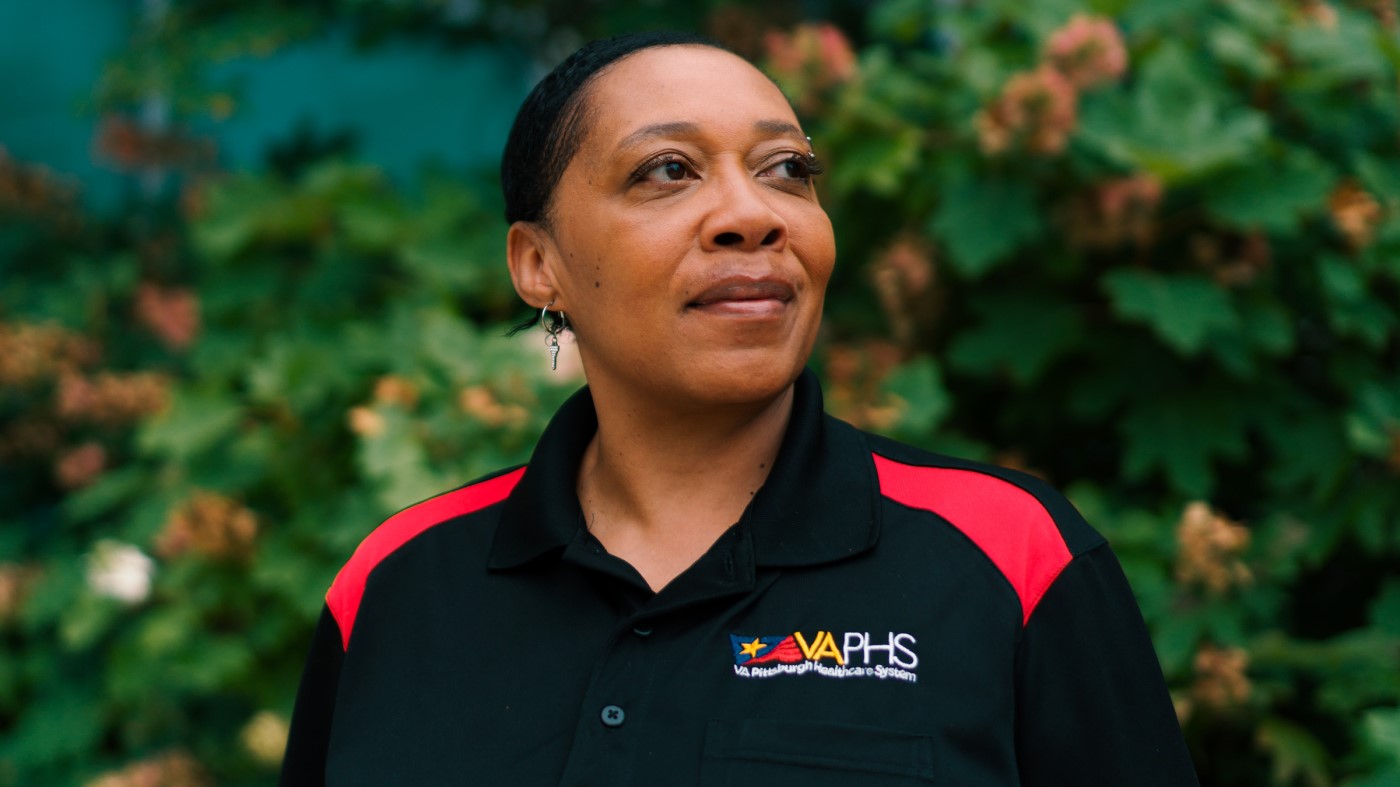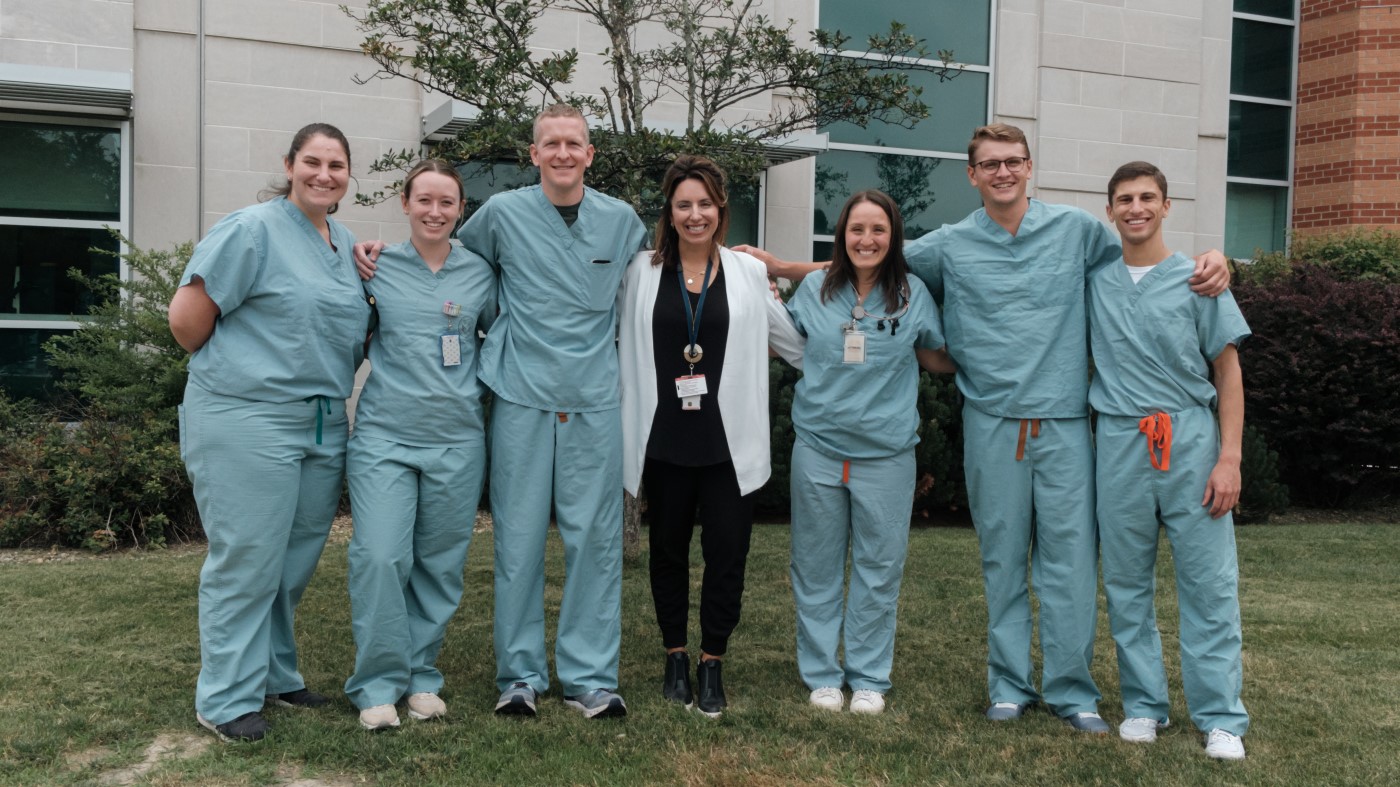One of the goals of this blog is to continue to broadcast the realities of our modern VA health care system, telling stories and providing glimpses in to what VA looks like today, and how it will continue to evolve moving forward.
This month, the Department of Veterans Affairs published a fact sheet on Women Veterans Health Care. Since 2000, the number of female Veterans using VA health care has more than doubled, from nearly 160,000 in 2000 to more than 390,000 in 2013, a rate of growth that has outpaced that of the male Veteran population. This rapid increase has created a need for VA to expand certain health services and amend others. And while female Veterans are entitled all of the same benefits as male Veterans, they also require unique, gender-specific services, including gynecology and maternity care services.
VA wants to ensure women Veterans receive comprehensive care from a proficient women’s health provider, no matter where a woman Veteran accesses care. With this in mind, VA has multiple models for delivering women’s health primary care—from services focused in a VA facility, to separate women’s health centers. Many sites use more than one model to meet the needs of their population of women Veterans. The ultimate goal is for each VA facility to develop its own “right fit” for providing comprehensive primary care to women Veterans.

If you’re a health provider who wants to contribute to the evolving climate of Veteran care, learn more and join our team at VAcareers.va.gov.
Topics in this story
More Stories
Whether it’s access to the great outdoors or a calmer pace in your everyday life, you can find it in rural VA communities around the country.
If you’re looking for an opportunity to provide care to Veterans outside a traditional clinical setting, Home Based Primary Care (HBPC) is a great option.
A key part of your job search is finding the right fit for you and your skills, and workplace culture can impact that dramatically.







Women health care is one of the important aspect of our society as our next generation health is completely depends on women’s health so we must take initiative to insure that our women should remain fit.